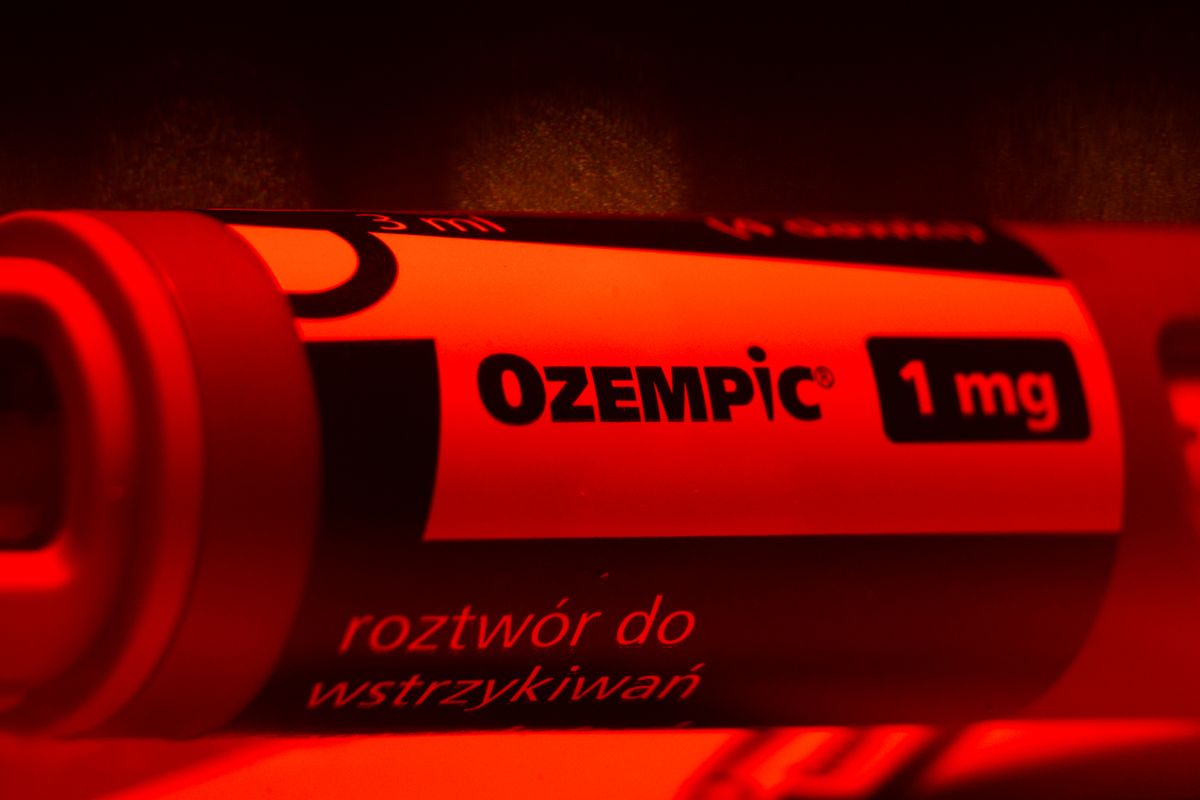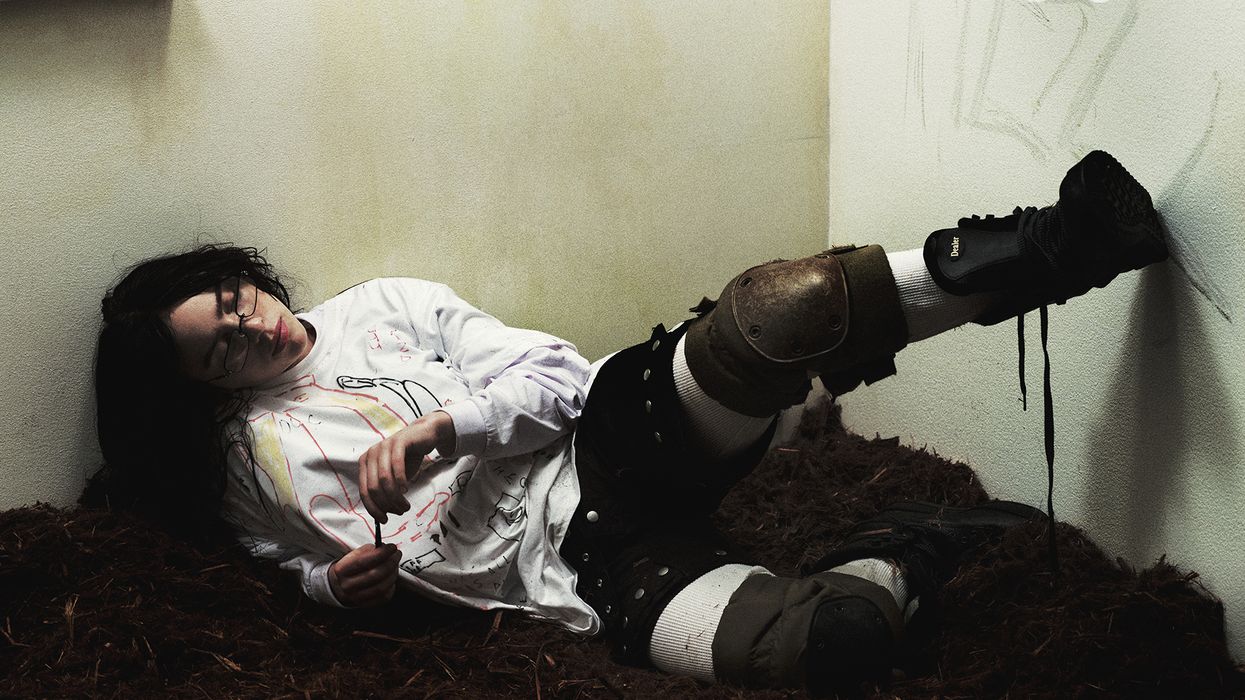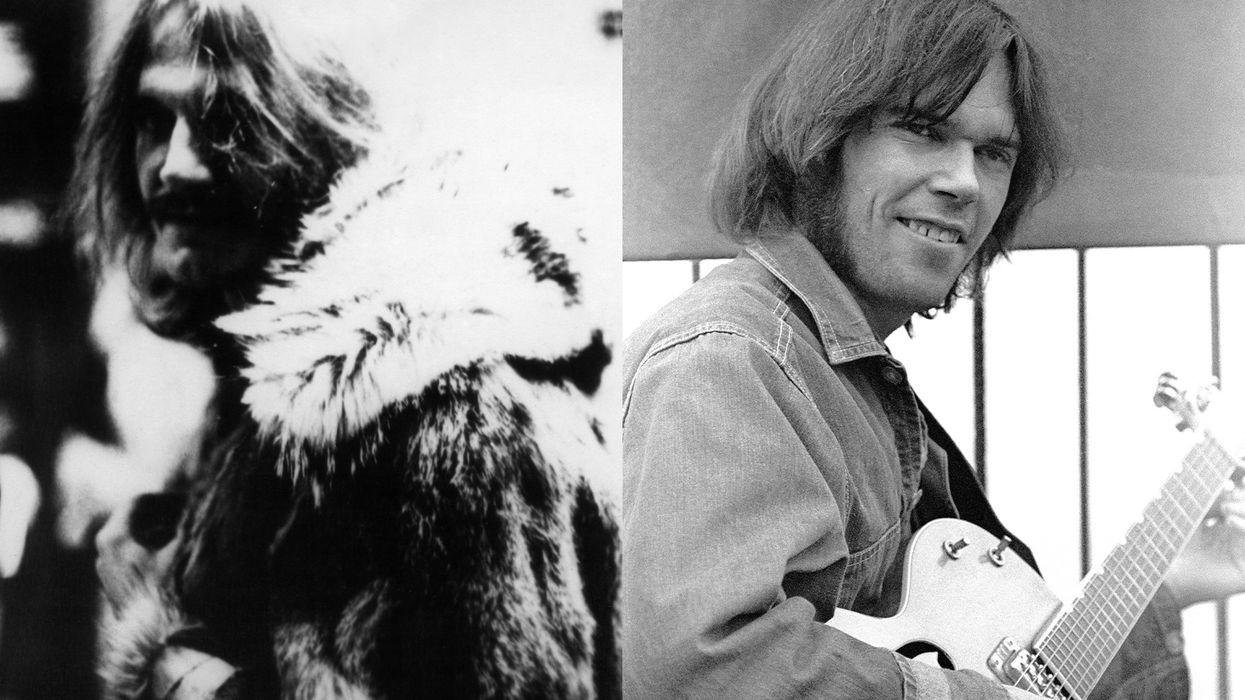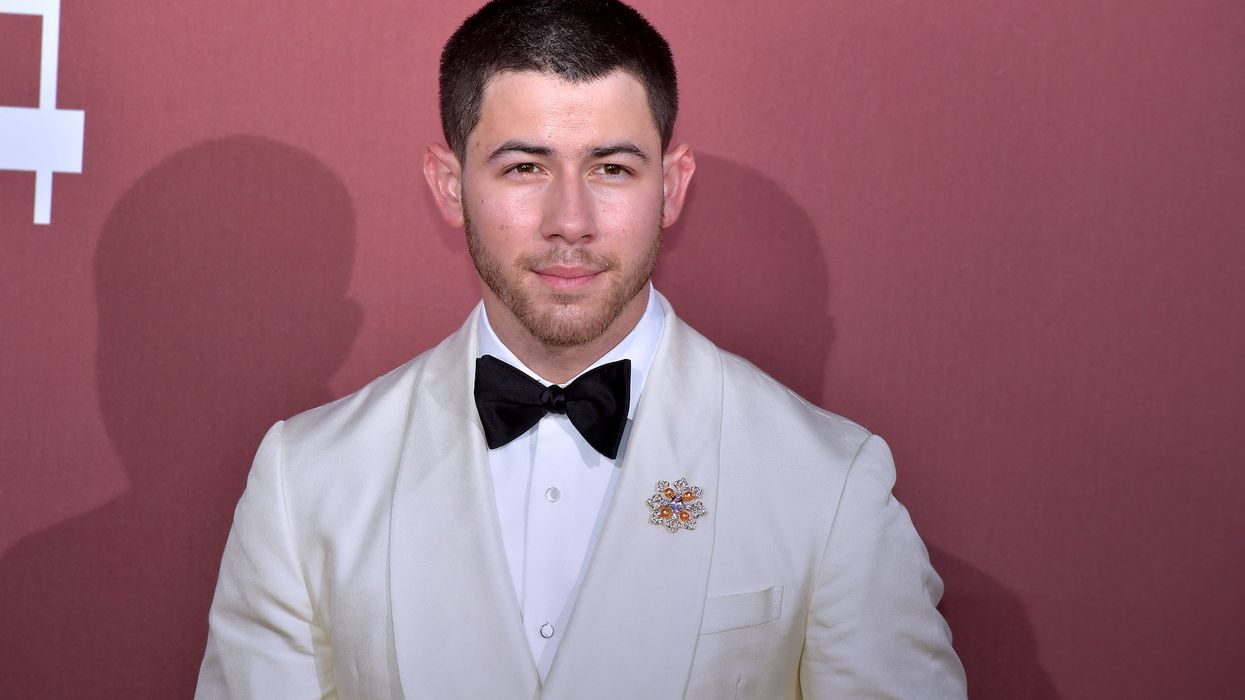Amy Kane was 13 when she was diagnosed with Polycystic Ovarian Syndrome, a hormone imbalance that can cause quick weight gain. At 17, she was prediabetic, and by the time she reached adulthood and had three children, she knew she needed a change. But she wasn’t sold on Ozempic, a weight-loss drug that had recently come to market that people were calling a “miracle cure.”
“I was not the kind of person that walked into my doctor’s office and was like, please write me a script for Ozempic,” Kane tells Rolling Stone. “I was actually pretty hesitant. I have a long history of disordered eating because I struggled so much with my weight, and I thought [the medicine] was going to make me starve myself. And that wasn’t the ultimate goal that I wanted to achieve.”
It wasn’t until Kane began scrolling on TikTok and engaging with other creators who took similar drugs — known as semaglutide, or GLP-1 medications — that she decided to “take the plunge” and get a prescription for Mounjaro. She’s since lost 160 pounds in 15 months, and she’s joined the ranks of thousands of creators on TikTok who post content related to their drug-assisted weight-loss journeys. But according to new guidelines from TikTok, which went into effect May 17, the app no longer allows videos promoting weight-loss medication, weight loss, or content that could be fine “if seen occasionally, but problematic in clusters.” And several GLP-1 content creators tell Rolling Stone they believe the new rules won’t help young users stay safe — they’ll just keep users away from information they need.
First released in 2017, Ozempic, a type of semaglutide, mimics the body’s GLP-1 hormone, which regulates sugar, controls appetite, and delays the stomach from emptying. Though first developed as a supplementary treatment for diabetes, it quickly became popular for its side effect of weight loss. Others began flooding the market. Demand for semaglutide drugs has doubled since 2021 and made pharmaceutical companies over $5 billion in sales last year. While Ozempic became an award-season punchline and a constant topic on talk shows, online, creators steadily gained followings by talking about their experience with the drug, tracking weight loss, and in some cases, making money off affiliate links. But as TikTok begins to remove content surrounding Ozempic from for-you-pages, GLP-1 creators say they’re being unfairly forced to choose between talking about their journeys or following the rules.
@amyinhalf Replying to @sidd.i #glp #weightloss #pcosawareness #moonface #greenscreen
“I thought I was the only one that had these obsessions around food. I thought I was the only one who struggled with food addiction or who couldn’t lose weight. To have people connect with me on that level has been life-changing, not only for me but for other people as well,” Kane says. “I struggle with this concept that I’m influencing people to be on a medication. I’m not promoting anything. I’m sharing my journey to combat the negativity around these medications.”
The company’s website states it wants the app to be “a place that encourages self-esteem and does not promote negative social comparisons.” When reached for comment by Rolling Stone, a TikTok spokesperson referred back to the new guidelines, saying the policies were mainly expanded to prevent the sale of weight loss or performance-enhancing drugs on the site — and they still allow for people to share their weight-loss journeys as long as they aren’t extreme, dangerous, or relating to using GLP-1 medications for weight loss. Maria Rising, a GLP-1 creator on TikTok, says she understands the push to protect teens from negative body image. But she tells Rolling Stone that the new guidelines unfairly target GLP-1 creators without understanding what the bulk of them do. She adds that taking away access to the For You Page (i.e., the primary way TikTok users find creators and their videos) is only keeping people from a community they might need.
@tirzepatidetales Hey everyone! TikTok has been censoring and deleting my Tirzepatide content, so I’ve created a new Instagram to keep sharing my journey! 🌟💉 Follow me @MyTirzepatideJourney for updates and more! #Tirzepatide #HealthJourney #Censorship #NewInstagram #Wellness #HealthyLiving #FollowMe #greenscreen
“When I started, I was nauseous. The doctors had prescribed me medication for nausea. But people were like ‘Try this ginger mint thing they have at Trader Joe’s; it helps me a ton and it fits in your purse,’” Rising says. “That’s such great information. Those are the little nuanced how-tos of life that you don’t necessarily get from a doctor but you would get from the TikTok community.”
TikTok has an appeals process that allows creators to appeal a video’s removal or demonetization. But Ashley Raibick, another GLP-1 influencer, believes the new rules will have GLP-1 content creators constantly having to re-appeal to get their content put back up — which could force accounts off the app entirely. “I honestly just feel so sad that TikTok is de-prioritizing Ozempic content,” says Raibick. “The content I’ve created around this medication is so much more than just weight loss. I have built a community of people who needed someone they could relate to, someone who didn’t shame this medication or put it down or make them feel bad about being overweight or struggling with obesity.”
TikTok’s concern isn’t without merit. Dozens of peer-reviewed reports have found social media use has a distinct negative effect on user’s mental health and body image, especially for social media users under the age of 18. Merris Taylor, a registered dietician from Texas, knows that her weight and job have often interacted in complicated ways. But when the 32-year-old began taking a GLP-1 medication and looking at content about it online, she realized that there was major misinformation being spread, sometimes even by well-meaning Ozempic creators. She created a TikTok account focused on the nutrition your body needs while on the medication, supplemented with videos about her own experience. Since the new guidelines, Taylor has simply moved most of her content onto Instagram, where parent company Meta has more lenient rules about posts surrounding weight loss. But, she tells Rolling Stone, she’s nervous that losing TikTok as a platform could mean the fact-checks won’t make it to the people who need them most.
“TikTok is such a good place for people to spread the word,” Taylor says. “People are going to miss out on important information about these medications.”
@glp1.weightloss Month 10 finished out strong! Very happy i got the scale moving again after basically stalling the previous two months. What do you do to break a stall? #glp1 #tirzepatide #mounjarojourney #weightlossprogress #fypage #foryoupage❤️❤️
Since the new guidelines, however, dozens of GLP-1 creators have spoken out about seeing a decrease in engagement, including having videos taken down or made ineligible for monetization. Some who spoke to Rolling Stone also expressed general confusion over how the guidelines would be applied or why they exist in the first place. Reports in The Washington Post and The New York Times have speculated that the new guidelines might be in response to the rise of compounded semaglutide, sales of which thrive on TikTok through affiliate link programs. Compounded versions of semaglutide are mixed by a pharmacist but not manufactured by a name-brand company, which the FDA has warned could cause adverse and dangerous side effects if made by a pharmacy with poor standards. In May, a New York woman who sold Ozempic through TikTok was arrested for selling “misbranded and adulterated” versions of the drug — exposing one victim to multidrug-resistant mycobacteria, according to the Southern District of New York’s U.S Attorney Office. (She has not entered a plea.)
Kane recognizes that the situation becomes far more murky when popular influencers have a monetary interest in their followers getting on a semaglutide, even if it’s an unsafe version. She herself is prescribed her medication by her doctor, and as a diabetic, gets each dose for around $25 — so she’s never been tempted to explore the compounding world. But while she’s quick to encourage her viewers to try to get legitimate prescriptions, she’s hesitant to speak ill about creators who use affiliate-linking to afford their medication. Kane knows that social media can have an effect on people’s body image. It’s why she’s so dedicated to sharing her journey — and why she thinks TikTok’s new guidelines will only hurt people in the long run.
“So many of us have been shamed and made to feel bad about our weight struggles throughout our lives. We felt like it was our fault. Struggling with your weight in a society that prefers smaller bodies can lead to feelings of loneliness and immense shame,” Kane says. “I think the fact that there is a community of people who ‘get it’ and are working to decrease the shaming around weight struggles and GLP-1s is very powerful. I never feel that I am promoting a medication. I’m sharing my story.”













 Photographer: Raphaëlle Sohier / Executive production: Elizabeth Crisante & Amanda Dorenberg / Design: Alex Filipas / Post-production: Bryan Egan/ Headpiece: Tristan Réhel
Photographer: Raphaëlle Sohier / Executive production: Elizabeth Crisante & Amanda Dorenberg / Design: Alex Filipas / Post-production: Bryan Egan/ Headpiece: Tristan Réhel Photo: Raphaëlle Sohier
Photo: Raphaëlle Sohier Photo: Raphaëlle Sohier/ Photo production: Bryan Egan/ Blazer:
Photo: Raphaëlle Sohier/ Photo production: Bryan Egan/ Blazer:  Photo: Raphaëlle Sohier/ Blazer: Vivienne Westwood/ Skirt :
Photo: Raphaëlle Sohier/ Blazer: Vivienne Westwood/ Skirt : 


